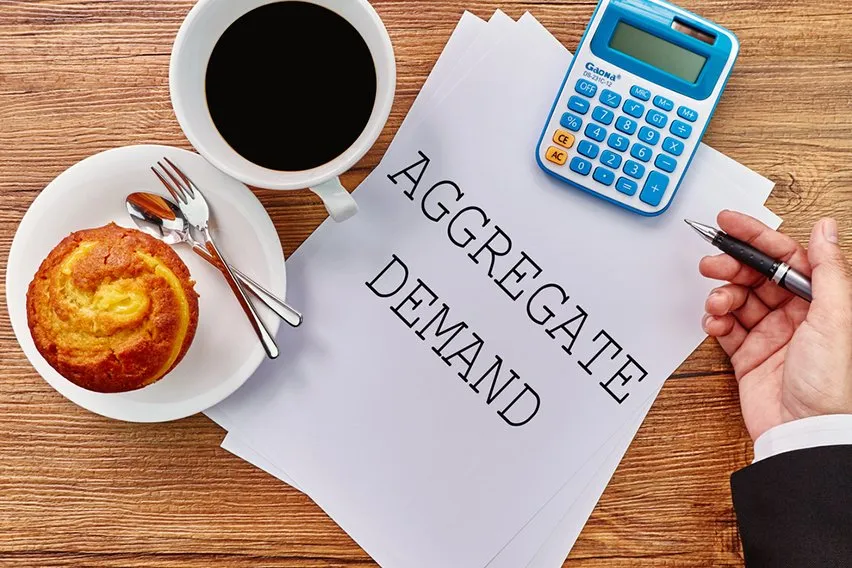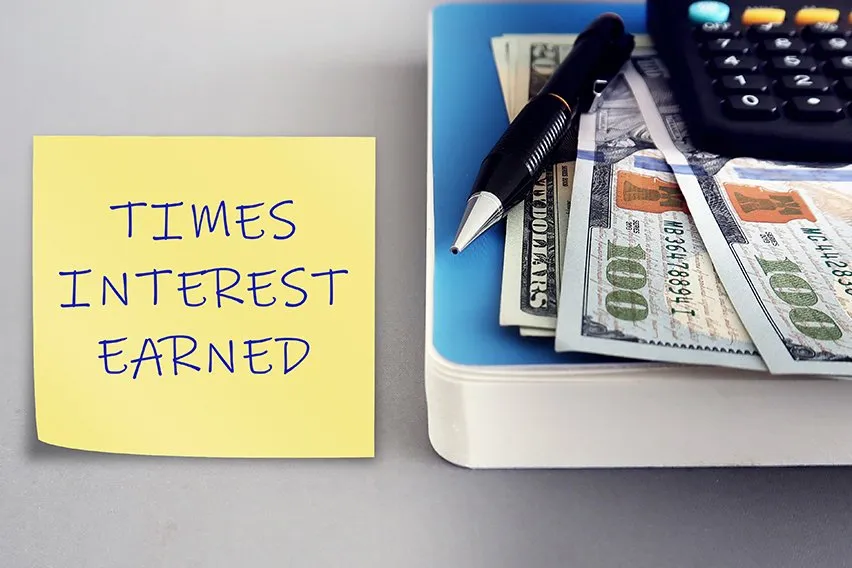8 Debt Reduction Strategies to Get Out of Debt

Debt isn’t always a bad thing.
It sounds like a strange thing to say. But when you’re running a small business, it can often be useful to take out debt.
Some debt, such as extending credit to regular customers, or student loans is actually considered positive debt. For example, extending credit is a great way for businesses to encourage an uptick in customer purchasing. It helps to promote purchases, boost sales and increase your overall profits.
But sometimes the debt that you put your business in can backfire. Customers can not pay their credit, or they can go bust and leave you footing the bill. This results in your business taking on what’s known as bad debt.
So when your business has a large amount of bad debt, what exactly are you supposed to do?
We’ll take a closer look at what debt is as well as give you 8 of the best debt reduction strategies. So that you can take steps to get yourself out of debt and back on track.
Here’s What We’ll Cover:
8 Best Debt Reduction Strategies to Get Out of Debt
What Is Debt?
Debt is money that is borrowed by one party from another.
Similar to a personal loan, company debt is often used by businesses in order for them to make large purchases that they could not normally afford to make. A debt arrangement allows someone to borrow money under the condition that it is to be paid back at a later date. This normally has to be paid back along with any accrued interest on the debt.
The most common forms of debt are loans. This includes loans such as:
- Mortgages
- Auto loans
- Personal loans
- Credit card debt
A loan by definition required the borrower to repay the balance of the loan by a certain date. This is typically several years in the future for larger loans, but can be shorter time periods for smaller loans.
Debt interest is used to ensure that the party that has loaned the capital is compensated for taking on the risk of the loan. It also encourages the borrower to repay the loan quickly to limit the total amount they have to pay in interest repayments.

Debt Reduction vs Cash Flow
Debt reduction is important for businesses to be in a more financially stable position. However, it may not be wholly beneficial to your business if you focus purely on debt reduction to the detriment of your cash flow.
If you have a manageable amount of debt, then it may be worth focusing on your cash flow with the aim of paying off your debt through growth. This is also the case if you happen to have a surplus of cash that can be used to pay off your debt.
Focusing on cash flow instead of debt reduction can enable you to have the ability to pay off your debt obligations in a timely manner without having to make drastic changes.
8 Best Debt Reduction Strategies to Get Out of Debt
Debt in business is similar to debt in your personal life – if you have too much it can cripple you.
Running a completely debt-free business may not be possible. However, it’s always a good idea to consistently try and reduce the amount of debt you have.
Here are 8 debt reduction strategies that you can use to try and reduce or eliminate your debt:
1. Understand Your Numbers
You should always have one eye on your financial situation. It isn’t just a case of being somewhat familiar with your numbers. You should be able to not only know them but also understand them.
Do you know how much your expenses are? Do you know what those expenses mean? Do you know the interest rate on each one of your debts? If the answer to any of these isn’t a confident yes, then you may actually be paying high interest debt repayments.
2. Review Your Ordering Process
It is common for businesses to order the same things every month and not consider if it’s all still necessary. You may stock a product that has a poor profit margin but you know that it’s somewhat popular. But if you’re struggling with debt, you may have to ask yourself if it is still worth your time.
Review what you’re ordering and reassess whether you can finesse your process. Identify any unprofitable sales and try to either eliminate them, or find cheaper alternatives.
3. Check Your Inventory
Inventory is a business’ lifeblood. It’s most likely where the majority of your money is tied up. But many businesses will have stale inventory sitting around that isn’t being sold and is losing money.
Don’t let this stock sit around costing you money. Either move it out for cost price or in the worst case scenario for a small loss. Anything is better than keeping the money tied up in a stock that is just taking up space in your inventory.
4. Reduce Staff
This seems like quite a cutthroat option. Obviously, nobody likes to downsize on staff, but if your business ends up failing then many more people will lose their jobs.
When you’re struggling with debt, you have to make tough decisions that will negatively impact people. But it’s the old adage of the needs of the many outweighing the needs of the few.
Are there employees that you could really do without? Are there any underperforming employees who aren’t pulling their weight? Could you consolidate positions by paying one employee more rather than paying two separate paychecks?
5. Increase Your Margins
Each industry will have its own benchmark of what they consider strong margins. Check your relative industry to make sure that you’re meeting this benchmark.
If you’re underperforming, consider either raising your prices or lowering your costs. Or in some scenarios, you may need to do both.
The overall goal should be to raise your margins without raising your overhead expenses. So take a look at what rival businesses are charging for similar products. Can you purchase more products at a lower cost without losing the savings to a debt service?
6. Negotiate Terms
If you’re having trouble making your monthly payments, talk to the debt provider about extending your terms. Most providers will be open for negotiation of what your minimum payments are if it means they still receive their debt payments.
After all, if your business ends up folding then they’ll receive nothing. So make sure they understand that it’s in both of your best interest to accommodate your request.
This won’t help you save any money, but it can give you the wiggle room you need to have more financial freedom until you need to make a repayment.

7. Reach Out to a Credit Counseling Agency
If you’re really struggling, it may be worth reading out to credit counselling agencies or a debt settlement company. These are organisations that can help you to manage your finances and your debt.
They can even negotiate with creditors on your behalf. This is to help create a more affordable debt management plan with smaller minimum payments.
Each month, you can send a lump-sum payment to the agency. They will then divide up the payments and send it to your creditors on your behalf for your different amounts of debt.
8. Create a Timeline
Once you’ve evaluated your finances and identified where you can make cutbacks, you should come up with a debt payoff plan and a timeline.
This plan should be a step-by-step guide on how you can cut back on costs to enable debt repayment. The timeline should be a date in the future at which you hope to reach a manageable amount of debt.
Paying off outstanding debt can be daunting, so it’s also a good idea to mark out milestones along the way of smaller, achievable goals. This can keep you motivated as well as measure the effectiveness of your action plan.
Key Takeaways
When it comes to the larger debts your business has accumulated, it’s important to focus on changing what you can control.
So for example, you have far more control over your expenses than you do your profits. You can’t make a product sell, but what you can do is make sure you’re not spending too much extra money on frivolous or unnecessary expenses.
So by concentrating on cost reduction, you can put any extra money that you end up saving through your financial decisions back into servicing your debt.
Are you looking for more business advice on everything from starting a new business to new business practices?
Then check out the FreshBooks Resource Hub.
RELATED ARTICLES
 Cost Pull Inflation: Definition, Examples & Causes
Cost Pull Inflation: Definition, Examples & Causes What Is Aggregate Demand: Definition, Formula & Components
What Is Aggregate Demand: Definition, Formula & Components What Is Consignment Stock or Inventory & How Does It Work?
What Is Consignment Stock or Inventory & How Does It Work? What Is Times Interest Earned Ratio & How to Calculate It?
What Is Times Interest Earned Ratio & How to Calculate It? Principal Amount: Definition, Formula & Calculation
Principal Amount: Definition, Formula & Calculation What Is the Order to Cash (O2C) Cycle? Definition & Benefits
What Is the Order to Cash (O2C) Cycle? Definition & Benefits